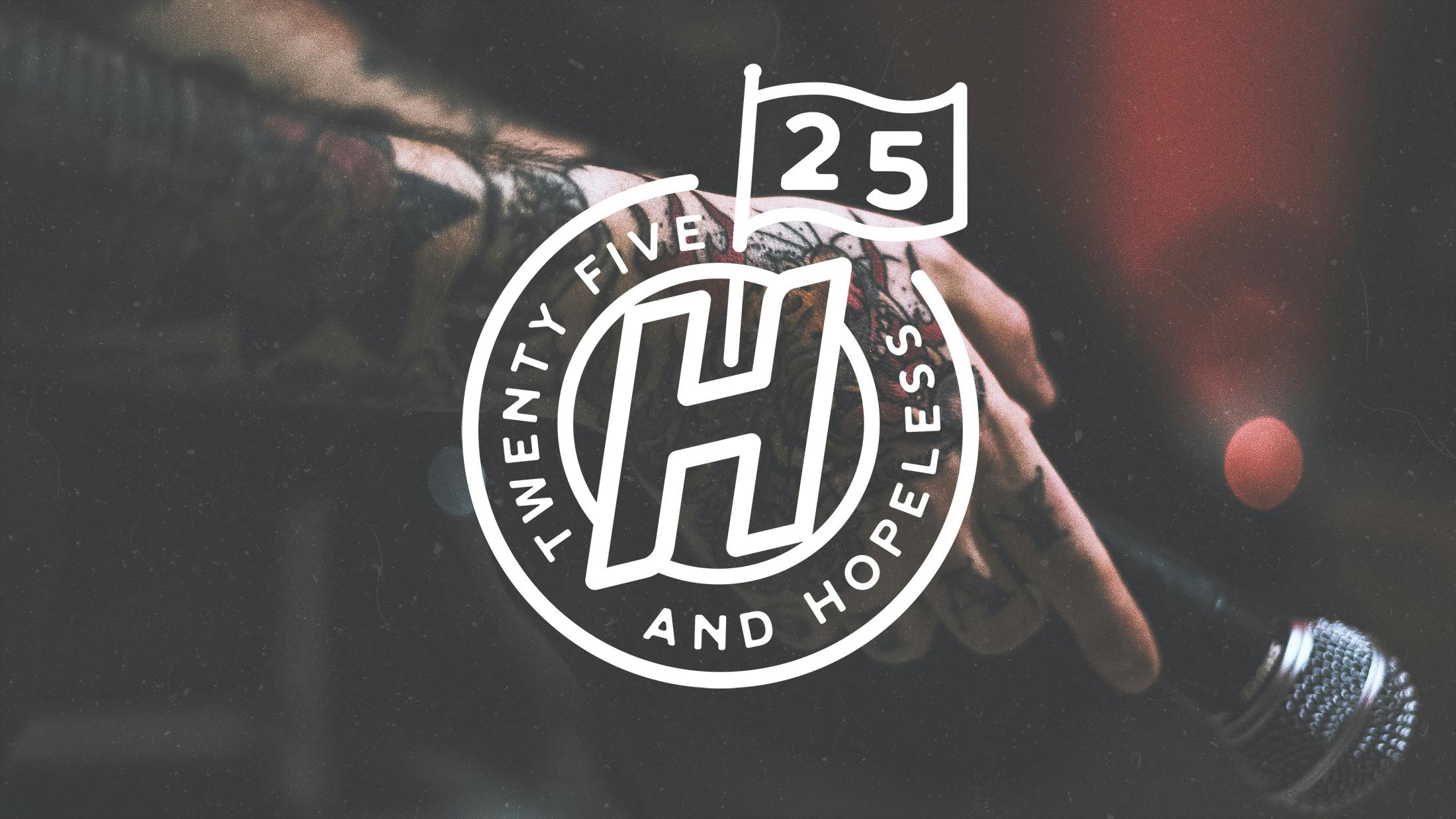PASSION IS EVERYTHING
“We’d been talking to some other labels before we signed to Hopeless, but they seemed the most passionate about us,” says Stand Atlantic vocalist/guitarist Bonnie Fraser. “We want the people that work with us to be as passionate about what we’re doing as we are, and Hopeless are very supportive and in favour of the stuff we want to do. They’re a perfect fit for our band.”
THE MUSIC BUSINESS, LIKE ANY THAT DEALS IN ART, IS A TRICKY ONE
“There are more problems than there are successes, because that’s just the nature of this business,” Louis explains. “We’re not selling cutlery, we’re selling art – it’s a nuanced, complex business. Our approach is that we believe in and invest in our artists, but they’re really running their own business, and we’re a support to them. We don’t treat our artists like employees or like we have some kind of control over what they do. At times they do things we agree with, and at times they do things we disagree with, and our approach is to have open communication, talk things through and let them know our opinions. Ultimately, it’s up to the band to communicate to the fans who they are and how they want to be perceived, and then it’s our job to emphasize that and take it to a wider audience.”
GIVING BACK IS IMPORTANT
“The success of Hopeless made us think there was an opportunity to do something beyond entertainment, so we decided to start a non-profit which would allow us to connect our bands with causes they’re passionate about, and bring fans into that process,” Louis outlines. “We started a non-profit called Sub City and added that branding to certain releases, which in turn helped raise awareness and money for selected charities – by now, we’ve raised over $2.5 million for non-profit organisations. We’ve just launched the Songs That Saved My Life project, which we’re all really passionate about. Neck Deep led that with their cover of Torn, and the full record is out November 9. There’s a serious issue in the world and particularly in the music scene with regards to mental health, and the goal of this project is to end the stigma of talking about mental illness and suicide, and to raise awareness about organisations that are working towards that goal.”
Words: Jake Richardson
Hopeless Records' Songs That Saved My Life is available on November 9.
